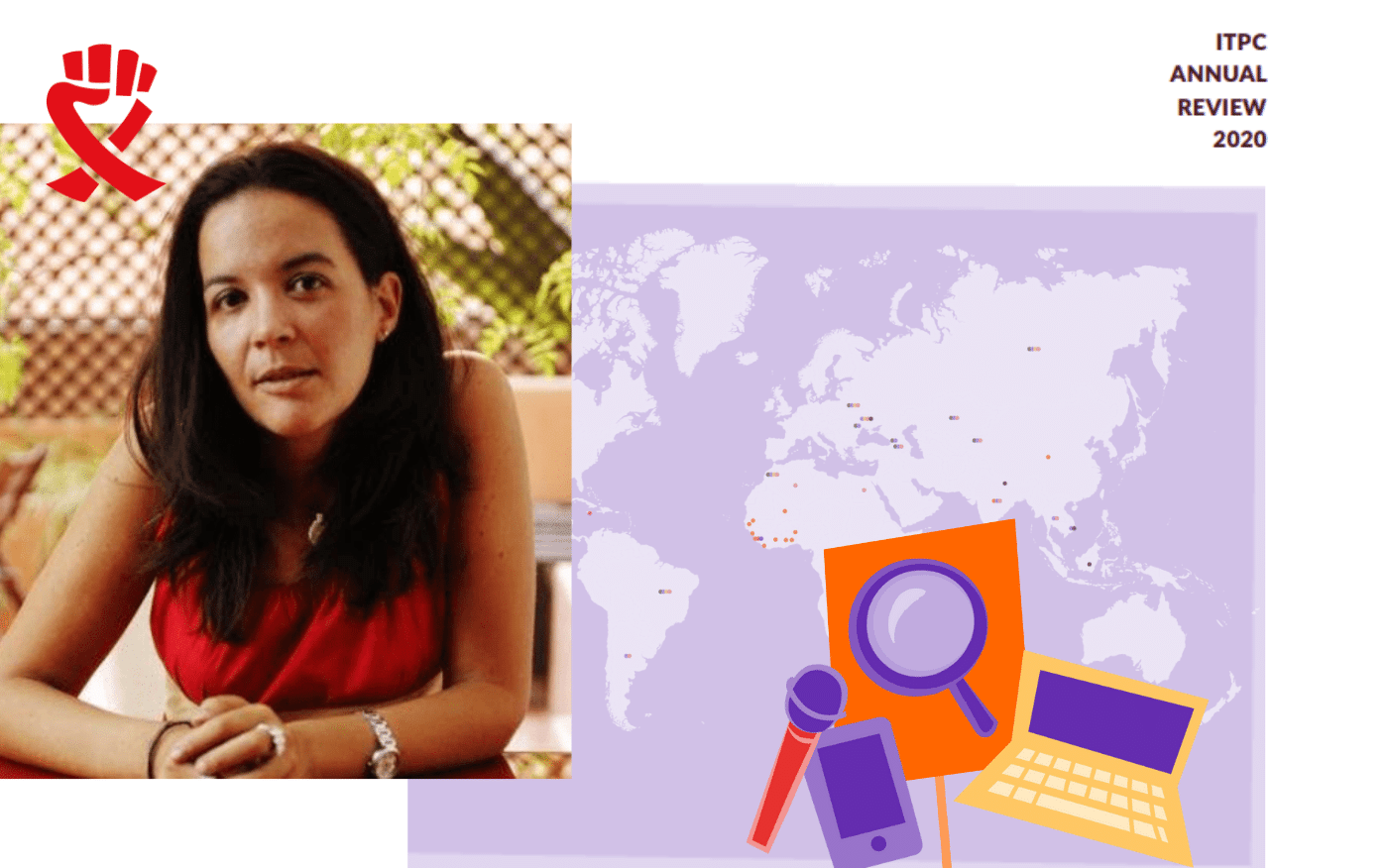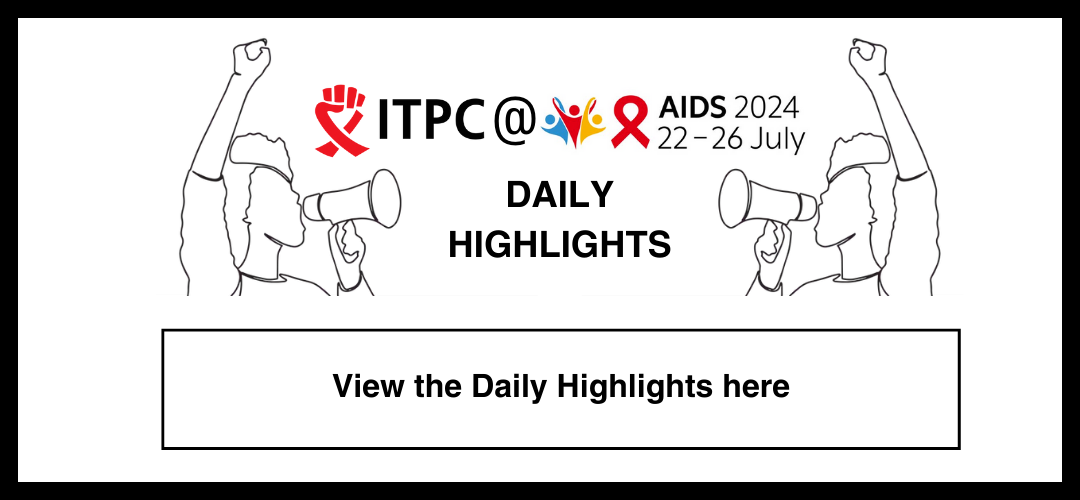ITPC’s community-led monitoring and research initiatives aim to gather data on access and quality of HIV treatment globally and hold decision-makers accountable to the communities they serve. Through our flagship community treatment observatories (CTOs), people living with HIV, their networks, and organizations monitor the quality of health services and medicines in their local areas. They then sound the alarm when drugs are missing or when human rights are violated. ITPC’s community-led monitoring approach increases accountability of national HIV programs.
In 2020, we pivoted to monitoring the access of people living with HIV to care and treatment, as well as health and human rights experiences, during the COVID-19 crisis. We supported organizations to conduct community-led monitoring of urban health facilities in China, Guatemala, India, Nepal, and Sierra Leone. ITPC worked closely with our partners, all of which have strong relationships with networks of people living with HIV and/or TB, and staff already on the ground. Partners include AIDS Care China (ACC), ITPC-Latin America and the Caribbean (ITPC LATCA), the Global Coalition of TB Activists (GCTA), Dristi (Nepal), and the Network of HIV Positives (NETHIPS) in Sierra Leone.
ITPC’s research revealed that more adolescents and young people were dropping out of HIV health services during the COVID-19 crisis. ITPC and its partners are using this data to advocate for the use of virtual (for example, SMS and social media) tracking and tracing to recover these clients into care.
Rapid assessment of the impact of COVID-19 on health revealed that:
The number of people newly initiated on ART declined at five health facilities in Guatemala, from 106 in October 2020 to 54 in December 2020, an overall reduction of 49%.
In Sierra Leone, the number of ART initiations for the monitoring period averaged 106 across five health facilities, increasing from 97 in September 2020, reaching 119 in November 2020 and 105 in December 2020.
Across all facilities, people faced obstructions to HIV testing and treatment facilities, particularly with lockdown regulations restricting freedom of movement and instituted new regulations, which limited access to public healthcare as COVID-19 superseded other medical concerns.
ARV stock-outs were a persistent problem; they were documented during 16 out of 36 (44%) monthly observations across clinics in China, Guatemala; and Sierra Leone, highlighting the need for more robust buffer stock, to avoid future disruptions to ART access.
This data resulted in a concrete advocacy agenda underlying the urgency for:
- Expanding access to digital tools, such as eHealth and telemedicine
- Differentiated services, including for young people
- Scale up in multi-month dispensing of ARVs
- Community ART delivery to people at home
- Protecting the confidentiality and disclosure rights of people living with HIV and TB
Learn more:
- ITPC CLM Guidance highlighted in UNAIDS publication
- Dristi Nepal Rapid Assessment
- Regional Community Treatment Observatory in West Africa
- Doing Things Differently: Southern Africa Community Treatment Observatories
- Global Survey on Access To and Quality of HIV Treatment and Care
- COVID-19’s Impact in Brazil
- COVID-19’s Impact in Malaysia
View the ITPC Global Annual Review 2020 here.

